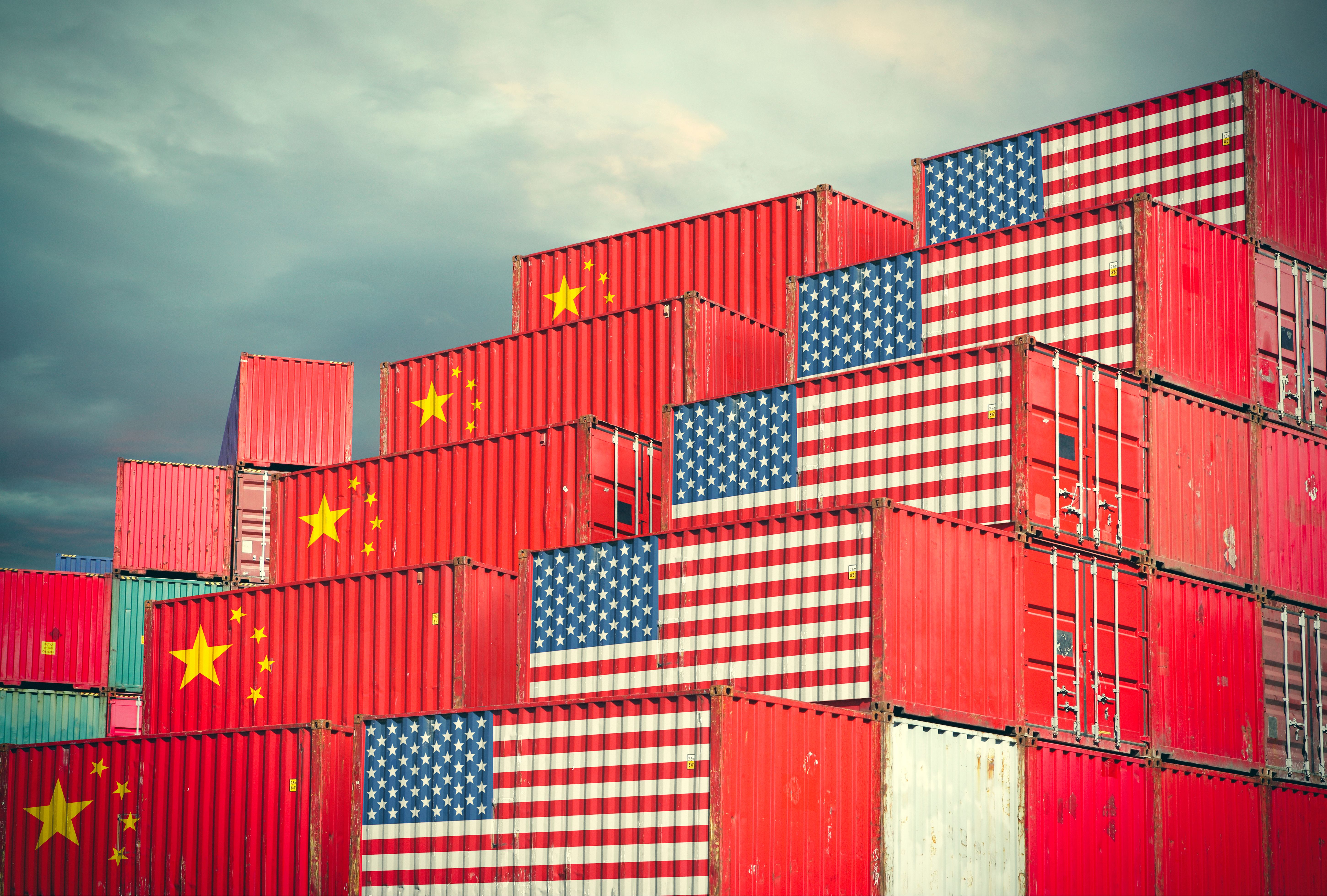Boosting Global Reach: Export Promotion Programs for Food and Beverage Companies
Understanding Export Promotion Programs
In today's interconnected world, food and beverage companies are increasingly looking beyond their domestic markets to expand their reach. Export promotion programs offer a strategic pathway to achieve this goal. These programs are designed to support companies in navigating the complex landscape of international trade, providing resources, expertise, and financial assistance to help businesses succeed globally.
Export promotion programs are typically available through government agencies, trade organizations, and industry groups. They aim to enhance the competitiveness of domestic products on the global stage by offering a range of services that can include market research, trade missions, and financial incentives. Understanding these programs' potential benefits is crucial for any business looking to expand its international footprint.

Key Benefits of Participating in Export Promotion Programs
For food and beverage companies, the advantages of engaging in export promotion programs are manifold. Firstly, these programs provide access to valuable market insights and intelligence. Understanding consumer preferences, regulatory requirements, and competitive landscapes in target markets can significantly enhance a company's ability to tailor its offerings and marketing strategies.
Moreover, export promotion programs often facilitate connections with potential buyers and distributors through trade missions and international trade shows. Such networking opportunities are invaluable for building relationships and establishing a presence in new markets. Additionally, many programs offer financial support or subsidies to offset the costs associated with international expansion efforts.

Overcoming Common Challenges
Expanding into international markets is not without its challenges. Food and beverage companies must navigate various obstacles, including complex regulatory environments, cultural differences, and logistical hurdles. Export promotion programs can help firms address these challenges by providing expert guidance and resources tailored to specific markets.
For instance, understanding and complying with food safety standards and labeling requirements in different countries is essential for market entry. Programs may offer guidance on these regulations, helping companies avoid costly mistakes and ensuring smooth market access.
Maximizing the Impact of Export Promotion Programs
To fully leverage the benefits of export promotion programs, companies should adopt a strategic approach. This includes setting clear objectives for international expansion, identifying target markets with high potential, and actively participating in program activities such as trade missions and networking events.
Additionally, companies should continuously evaluate their export strategies, leveraging feedback from program participants and insights gained from market research. By being proactive and adaptable, businesses can maximize their success in global markets.

Government and Industry Support
Governments and industry organizations play a significant role in supporting export promotion efforts. Many countries have dedicated agencies that work hand-in-hand with businesses to facilitate international trade. These agencies often collaborate with industry groups to provide comprehensive support tailored to the unique needs of the food and beverage sector.
Such partnerships enable companies to access a broader range of resources and expertise, further enhancing their ability to compete globally. By engaging with these organizations, businesses can stay informed about new opportunities and trends in international trade.
Success Stories
Numerous food and beverage companies have successfully expanded their global reach through export promotion programs. These success stories serve as inspiration for other businesses looking to venture into international markets. By leveraging the support offered by these programs, companies have been able to increase their sales, diversify their customer base, and enhance their brand recognition on a global scale.
For example, a small organic snack manufacturer was able to enter new Asian markets by participating in a government-sponsored trade mission. Through connections made during the mission, the company secured distribution agreements with major retailers, significantly boosting its revenue and brand presence.

